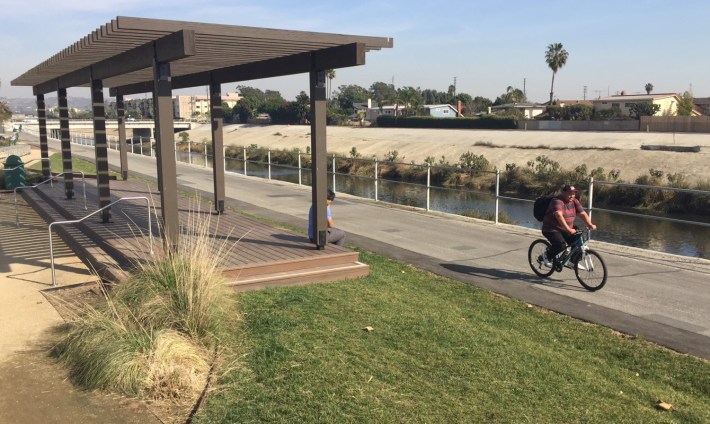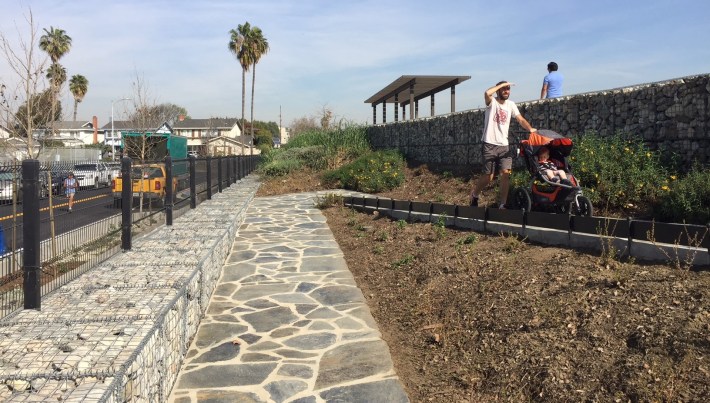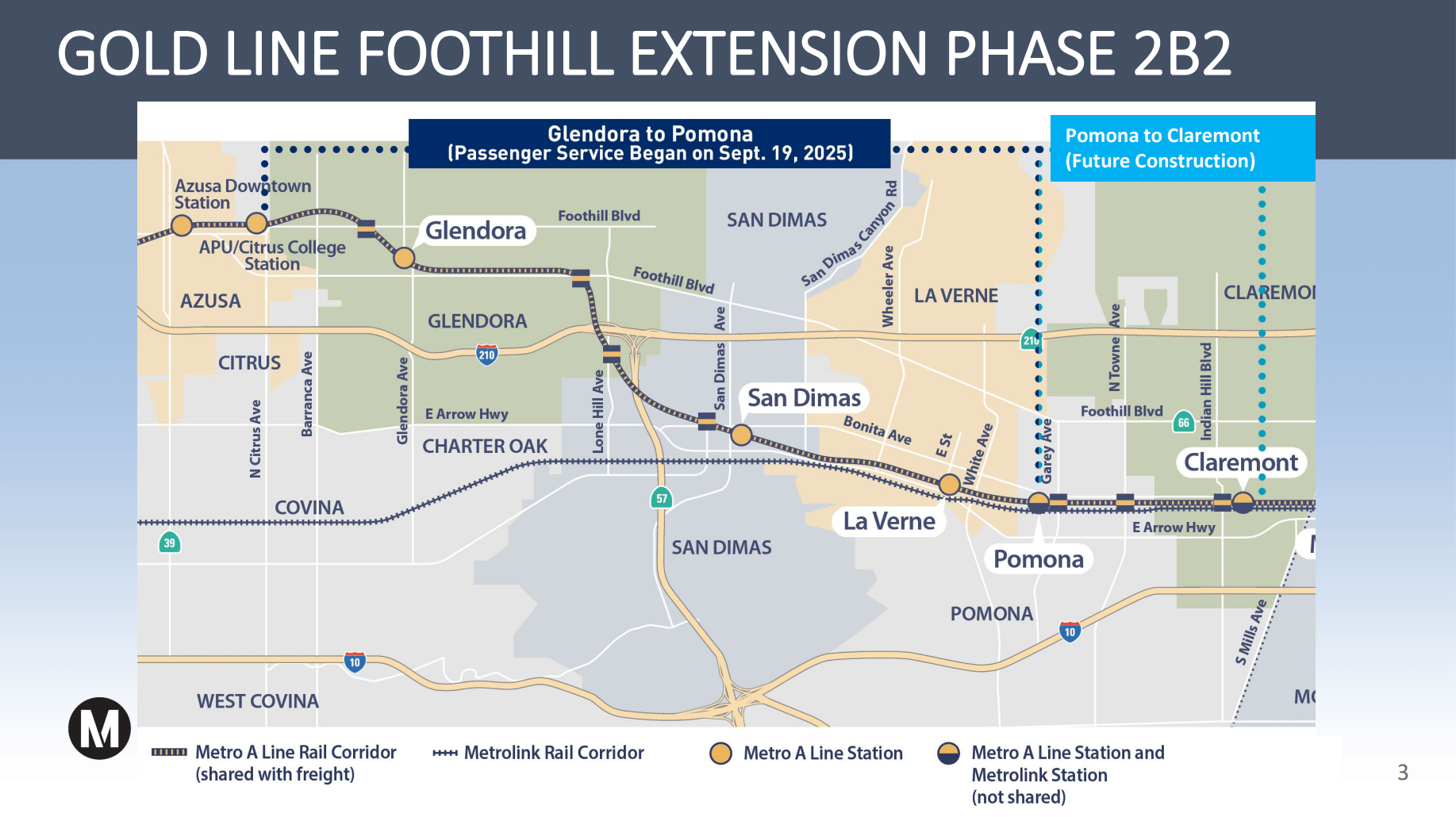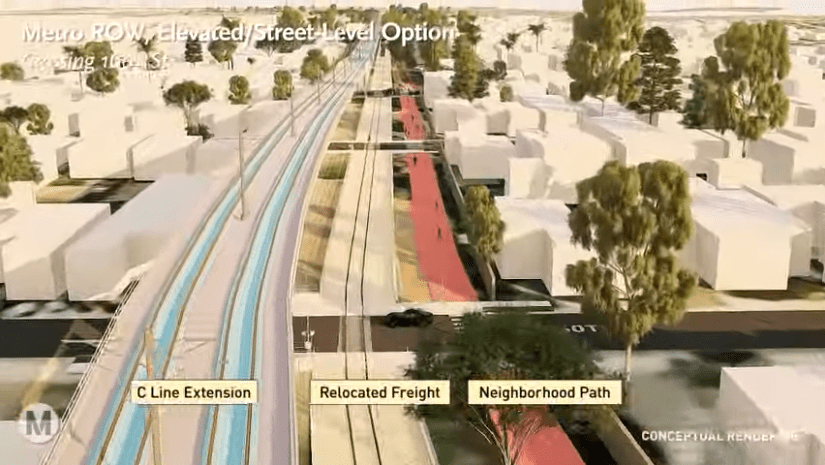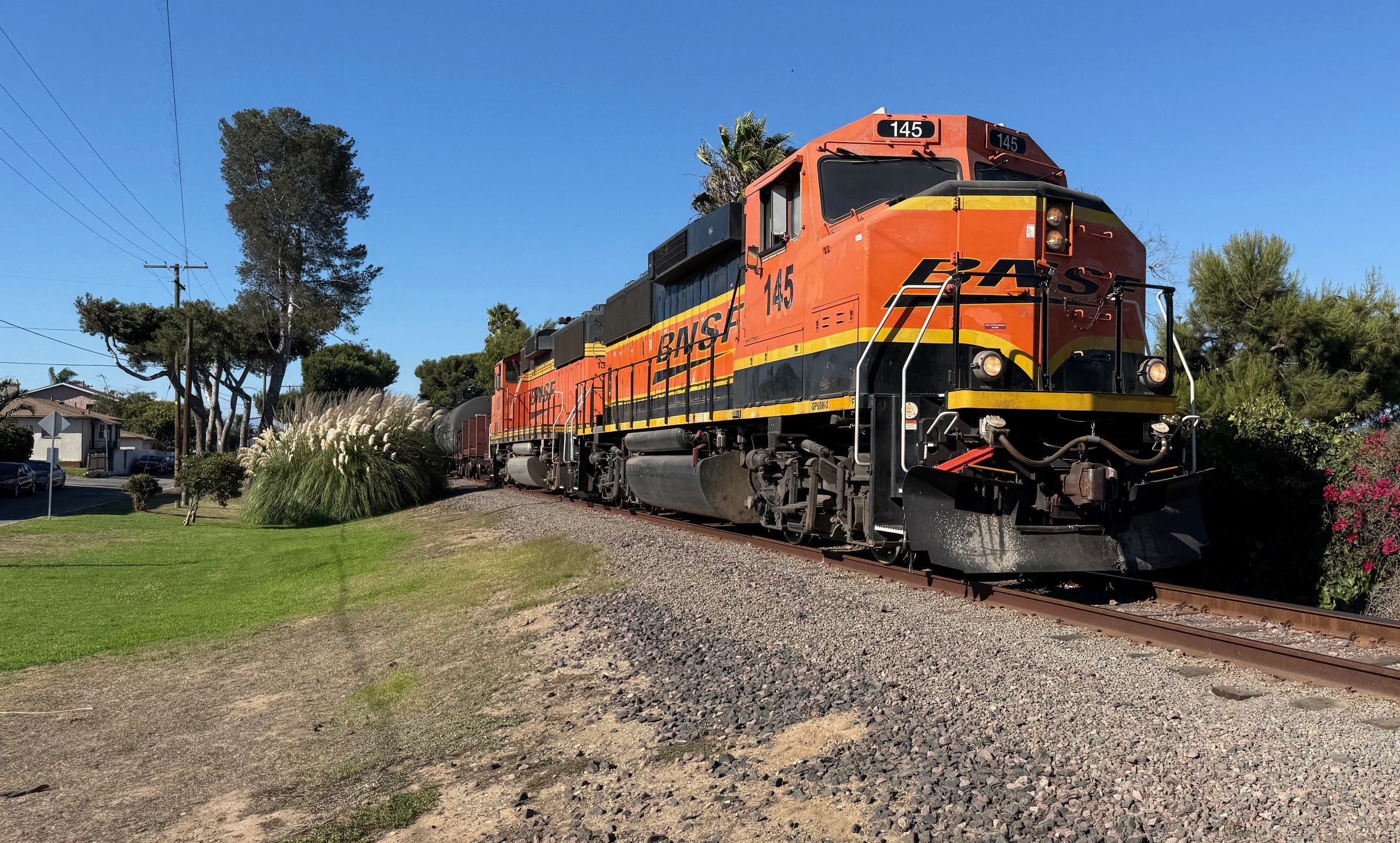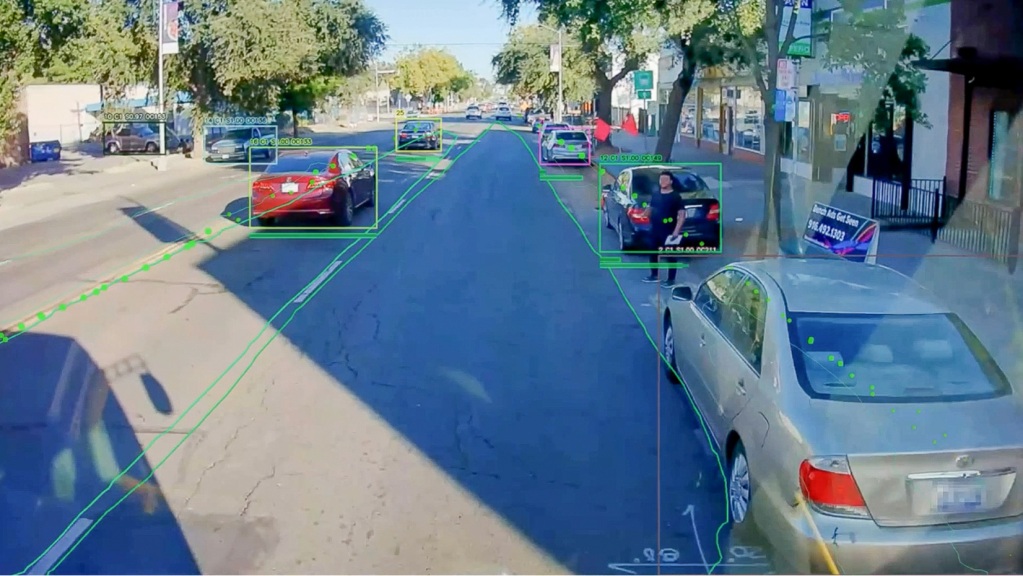Who will be looking out for the interests of transit riders in the 113th Congress? It’s easy to figure it out, said Cap’n Transit over the weekend: Just check whether they have an R or a D next to their names.
The Cap’n ranked House Transportation Committee members, from both parties, by the percentage of car-free households in their district and the percentage of people who primarily commute by transit, according to Census numbers. His results weren’t shocking, given what we know about the differences between urban and rural voting patterns. But they were eye-opening all the same.
The committee Republican with the highest proportion of car-free and transit-using constituents was Sam Graves of Missouri. His district comprises the entire northern section of the state, including some suburbs of Kansas City and then north and east into the hinterlands. That is the T&I Republican district with the most urban transportation profile.
Compare that with New York City Democrat Jerrold Nadler: 64 percent of his constituents are car-free, with 54 percent of them riding transit. My non-voting delegate here in DC, Eleanor Holmes Norton, presides over a city where 26 percent of residents don’t have a car and 38 percent ride transit.
Sure, there are plenty of rural and suburban Democrats, and those numbers aren’t a clear indicator of how someone will vote. Peter DeFazio of Oregon is a strong voice for transit, and 97 percent of his constituents have a car, with just 2 percent commuting primarily by transit.
To get a better sense of how the committee will be changing in this new session, sustainable transportation advocates have looked into the records of the 10 Republicans joining the committee. By and large, they don’t have firm positions or track records on the nitty-gritty of transportation policy. But they’re raising some red flags just the same.
Most are big fans of oil drilling. They think it’ll reduce gas prices. And they love the Keystone XL pipeline. You'd be forgiven for getting a little excited upon hearing that one of them, Thomas Massie of rural Kentucky, lives off the grid in a solar-powered farmhouse whose electrical system he built himself. The solar panels power his entire 1,200-acre cattle farm. And he has an electric car. “But [he] is no latte-sipping tree-hugger,” writes Science Insider. “He doesn't think that the scientific evidence for climate change is compelling.” He just doesn’t like pollution because “it's a violation of property and privacy rights.”
When it comes to infrastructure investment, Montana’s Steve Daines and Rodney Davis of Illinois use the same wording on their campaign sites: “Government does not create jobs.” Davis, however, wants to see the federal government “maintain its role in providing passenger rail service, especially in areas where it's working, such as central Illinois.”
Trey Radel, a new Republican T&I member from the west coast of Florida, never wanted a seat on T&I in the first place, but he’s making the most of it by arguing against any federal role in transportation at all. “I think it is imperative that we return transportation [funding] back to the states,” Radel said when he was named to the committee last week. “We at the local level know what’s best for our neighborhoods and our communities.” (News-Press)
The big transportation priority of Tom Rice, a new Republican from Myrtle Beach, South Carolina, is to build an interstate for tourists to get to the beach faster.
New T&I Chair Bill Shuster laid out his priorities for the session last week in an op-ed so vague we couldn’t even figure out a way to report on it. The earth-shaking revelations: “Transportation is important.” “One need only to look at our Interstate Highway System to see how investment in our national transportation network has benefited our nation and spawned tremendous economic growth.” Shuster did emphasize that the Founding Fathers believed it was the federal government’s role to invest in the national transportation network. (Take that, Trey Radel!) And he said that the committee would focus on the Water Resources Development Act, a rail reauthorization, and a followup to the MAP-21 surface transportation bill.
How these priorities shake out – and whether the committee will function more smoothly and more collaboratively than last session – will partly depend on Shuster and partly on whether the new members choose to use their committee seats to advance legislation or just push ideology.

